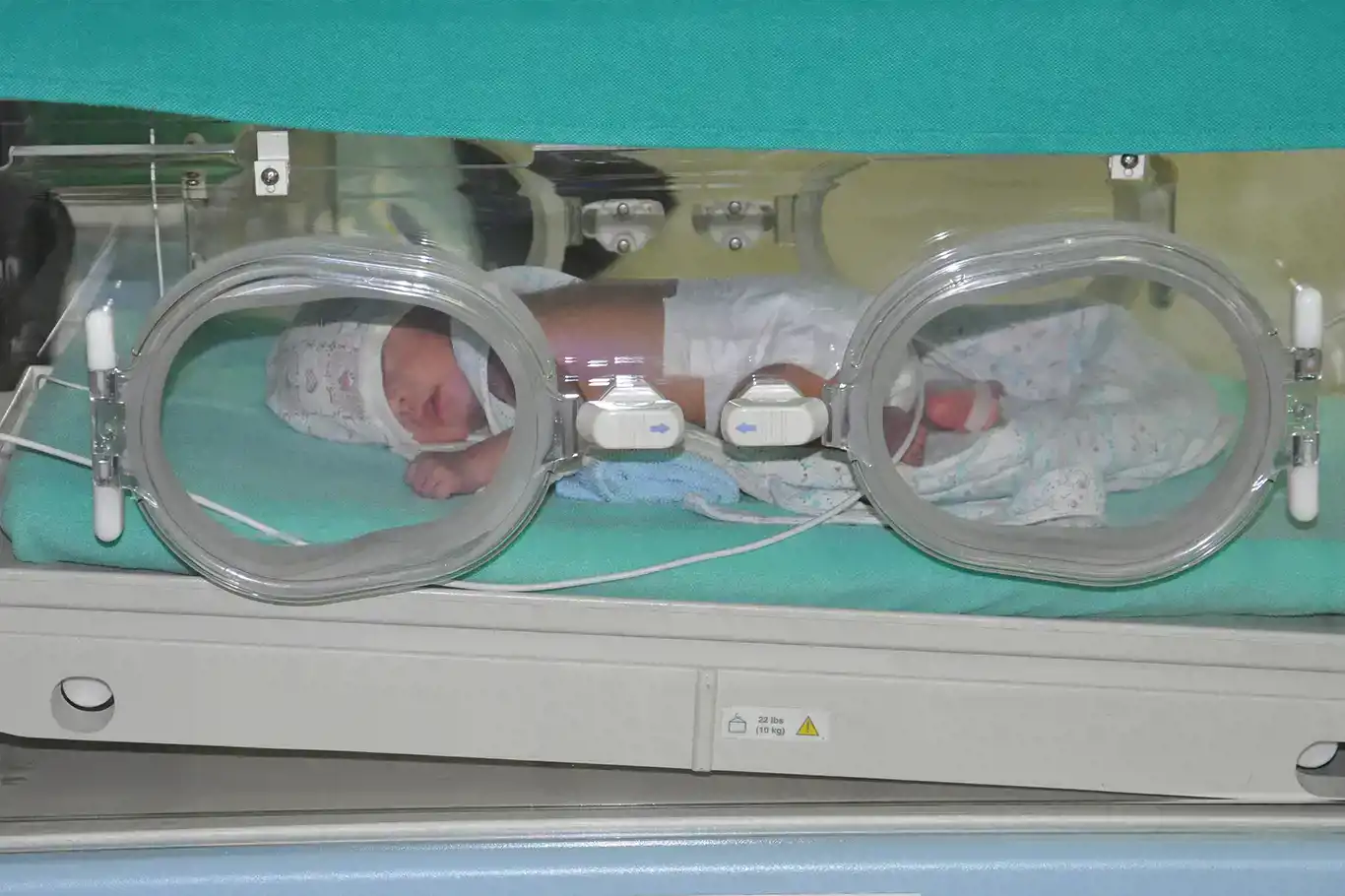UN agencies report 13.4 million preterm births in 2020, leading to almost one million infant deaths


A new report released by UN agencies and their partners on Thursday reveals alarming figures of preterm births in 2020, estimating that approximately 13.4 million babies were born prematurely, with nearly one million succumbing to complications associated with preterm birth.
This data translates to roughly 1 in 10 babies worldwide being born before completing 37 weeks of pregnancy. Health experts attribute the high numbers to factors such as poor maternal health and malnutrition.
The World Health Organization (WHO), the UN Children's Fund (UNICEF), and the London School of Hygiene and Tropical Medicine jointly emphasized the urgent need to enhance care for preterm babies and bolster prevention efforts, particularly in maternal health and nutrition, to improve childhood survival rates.
Given that prematurity is the leading cause of death in the early years of a child's life, the report underscores the critical importance of addressing both care for preterm infants and preventative measures.
"For those who live, preterm birth also significantly increases the likelihood of suffering major illnesses, disability, and developmental delays, and even chronic diseases as adults like diabetes and heart conditions," the report stated.
Despite significant efforts related to maternal health, the data reveals that no region globally has experienced a substantial reduction in preterm birth rates over the past decade. The annual global rate of reduction in preterm births between 2010 and 2020 was just 0.14 percent.
Preterm births show disparities between regions and countries, with approximately 65 percent occurring in sub-Saharan Africa and southern Asia. Bangladesh, Malawi, and Pakistan have rates three or four times higher than those in the least affected countries - Serbia, Moldova, and Kazakhstan.
The report also highlights that preterm birth is not limited to low and middle-income countries, with rates of 10 percent or higher in some high-income countries such as Greece and the United States.
Dr. Anshu Banerjee, Director of Maternal, Newborn, Child and Adolescent Health and Ageing at WHO, stressed the urgent need for substantial investment in services supporting preterm babies and their families, emphasizing a focus on prevention through ensuring access to quality healthcare before and during pregnancies.
Maternal health risks, including adolescent pregnancy, infections, poor nutrition, and pre-eclampsia, are closely linked to preterm births, making quality antenatal care a critical component for early detection and management of complications. (ILKHA)
LEGAL WARNING: All rights of the published news, photos and videos are reserved by İlke Haber Ajansı Basın Yayın San. Trade A.Ş. Under no circumstances can all or part of the news, photos and videos be used without a written contract or subscription.
A new pilot study suggests that neurofeedback-based digital training may significantly enhance brain function in children diagnosed with dyslexia, offering fresh hope for non-invasive, long-term interventions targeting reading-related neurological challenges.
Influenza cases are rising sharply across Europe, placing growing pressure on hospitals and health systems in many countries, the World Health Organization (WHO) has warned.
Türkiye’s total environmental protection expenditure reached 441 billion Turkish lira in 2024, marking a sharp increase of 108.3 percent compared to the previous year, the Turkish Statistical Institute (TurkStat) said in a statement on Thursday.
A federal judicial panel on Monday ordered that a growing number of lawsuits accusing Novo Nordisk and Eli Lilly of causing vision loss be centralized before a single judge in Pennsylvania, marking a significant new phase in litigation over the widely used weight-loss and diabetes drugs.